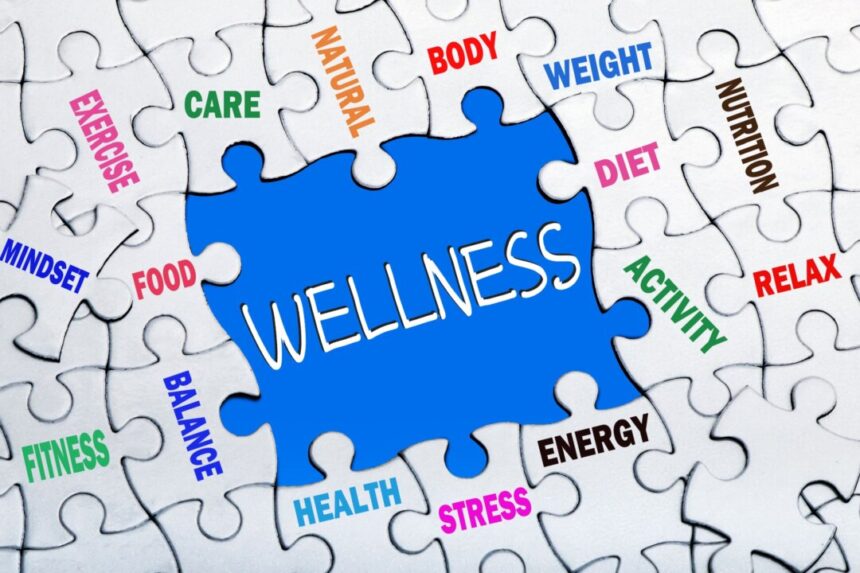The concept that a robust and vigorous body can ward off sickness is resurfacing as a fundamental principle for promoting well-being and combating potential diseases. Guiding a significant portion of contemporary medicine is the “germ theory” of disease, which led to the creation of the first antibiotics in the 1940s. While this theory has been credited with saving countless lives from fatal infections, the current surge in chronic conditions highlights its limitations.
Introduced around the same time, the long-forgotten “terrain theory” is now receiving the recognition it deserves and may become the predominant paradigm in the next phase of medicine. As individuals, we can adopt the principles of terrain theory to reverse illness and maintain our health.
Terrain theory suggests that a weakened body is susceptible to disease, while a healthy body can resist it. This theory contrasts with germ theory, which focuses on targeting specific germs to combat illness. Our bodies serve as our terrain, and maintaining a healthy terrain involves nourishing it with wholesome, toxin-free food, engaging in regular physical activity to exercise our muscles, allowing it to rest and recuperate through sufficient sleep, and keeping our minds and spirits invigorated through positive social interactions.
Moreover, the principles of terrain theory not only help us stay healthy but can also aid in restoring our health when we fall ill. While germ theory often leads to a pharmaceutical-centric approach to treatment, terrain theory emphasizes lifestyle factors and places the solution largely within our control.
While antibiotics have undoubtedly saved lives, recent scientific advancements highlighting the significance of our microbiome demonstrate the inadequacies of germ theory. Our microbiome, consisting of trillions of beneficial organisms, plays a crucial role in maintaining a healthy terrain and impacting various bodily processes. Antibiotics, alongside other medications derived from germ theory, can disrupt our microbiome and deplete essential nutrients in our bodies, further affecting our terrain.
The dichotomy between germ theory and terrain theory may stem from timing, as cleaning up our terrain post-illness requires time and effort. Embracing the principles of holistic terrain theory can enhance our chances of avoiding severe diagnoses or recovering more swiftly from acute conditions.
It is crucial to maintain a healthy terrain to bolster our bodies’ defenses against infections and diseases. By prioritizing our terrain, we can equip our bodies with the necessary tools to combat pathogens naturally. Embracing a proactive approach to our health before encountering germs can significantly improve our overall well-being.
In conclusion, understanding the importance of our terrain in shaping our health outcomes is essential. While modern medicine leans heavily on germ theory, we can empower ourselves by acknowledging the significance of our terrain in influencing our health. By aligning with the natural design of our bodies and prioritizing a holistic approach to health and healing, we can optimize our well-being and strengthen our resilience against illnesses.
Source link





